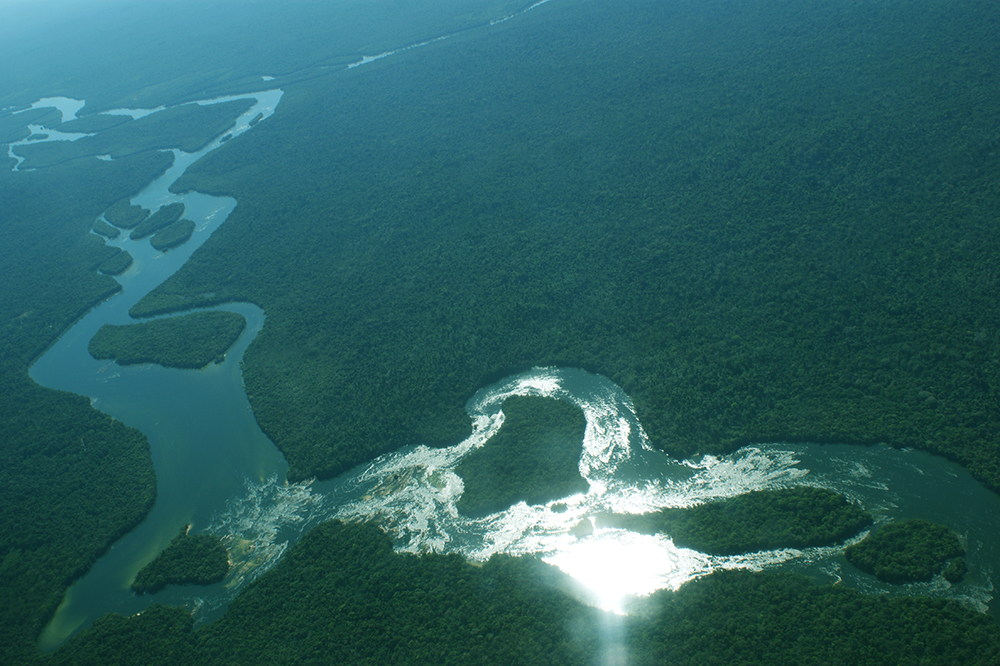
Estados do GCF apresentam iniciativas sobre produção com desmatamento zero
By Fernanda Barbosa and Felipe Sá
With information from the Tropical Forest Alliance 2020 and Mato Grosso’s Secretariat of the Environment news agency
The TFA 2020 Latin America Regional Meeting took place in São Paulo on March 12 and 13. The event aimed at discussing the zero-deforestation agenda concerning commodities production and also sought to catalyze new partnerships and initiatives, gathering major companies, banks, investors, development agencies and governments, such as Colombia, Peru, São Paulo and, GCF members, Mato Grosso and Pará. Participants highlighted that events such as this are important to show that different actors are willing to move forward to zero-deforestation production, emphasizing that both risks and responsibilities are shared.
Debating high impact partnerships, examples were brought from jurisdictional zero-deforestation initiatives and investors. Priorities that must be established in order to enable collective action to achieve zero deforestation was also an important topic. During the occasion, each presentation showcased how zero deforestation is not a utopia.
GCF members Mato Grosso and Pará presented their latest initiatives and commitments to green-growth jurisdictional plans. Mato Grosso focused on livestock production intensification and improvements in traceability and nutrition systems. The PCI (Produce, Preserve and Include, in portuguese) Committee – from Mato Grosso – presented public-private opportunities in the areas of family farming and indigenous peoples. This ambitious strategy enhances Mato Grosso’s production chain, in order to conciliate rural production while tackling deforestation.
The state of Pará presented public-private financial mechanisms, the Zero Deforestation Pact of Paragominas, a municipality in the state, and sustainable cocoa production, which served as a positive example of public and private sectors partnering with small-scale producers. This demonstrated the viability of overcoming obstacles.
Compensation mechanisms and payments for environmental services were highlighted throughout the event as essential for the success of sustainable practices. This and other good practices need to be widely spread and used in the collective construction of a system that faces less barriers for producing sustainably.

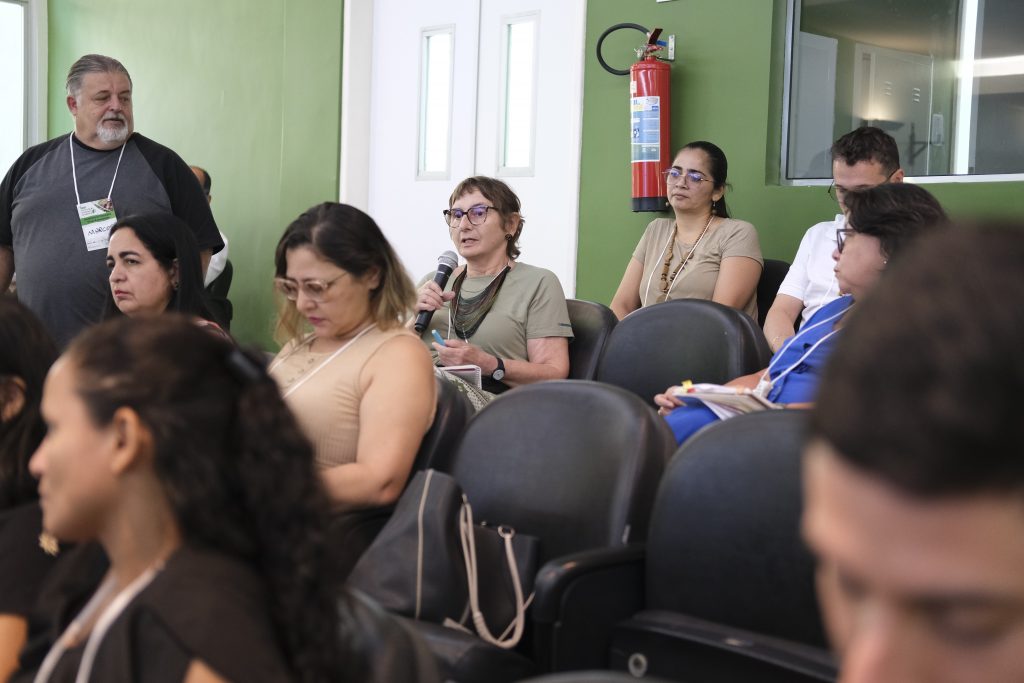
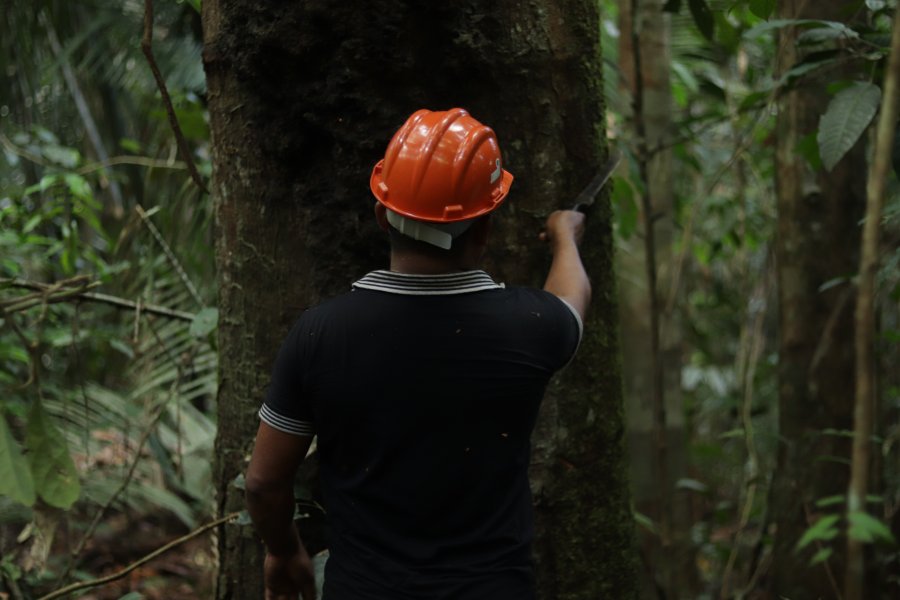
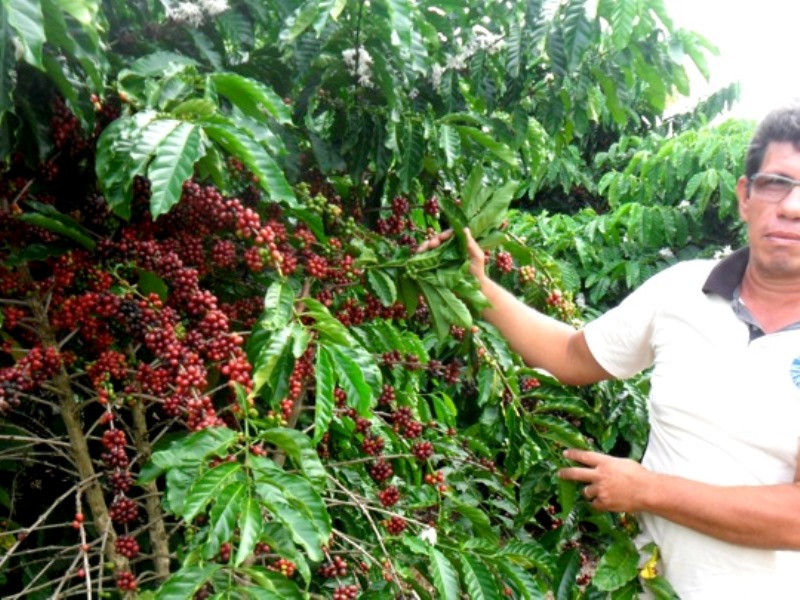
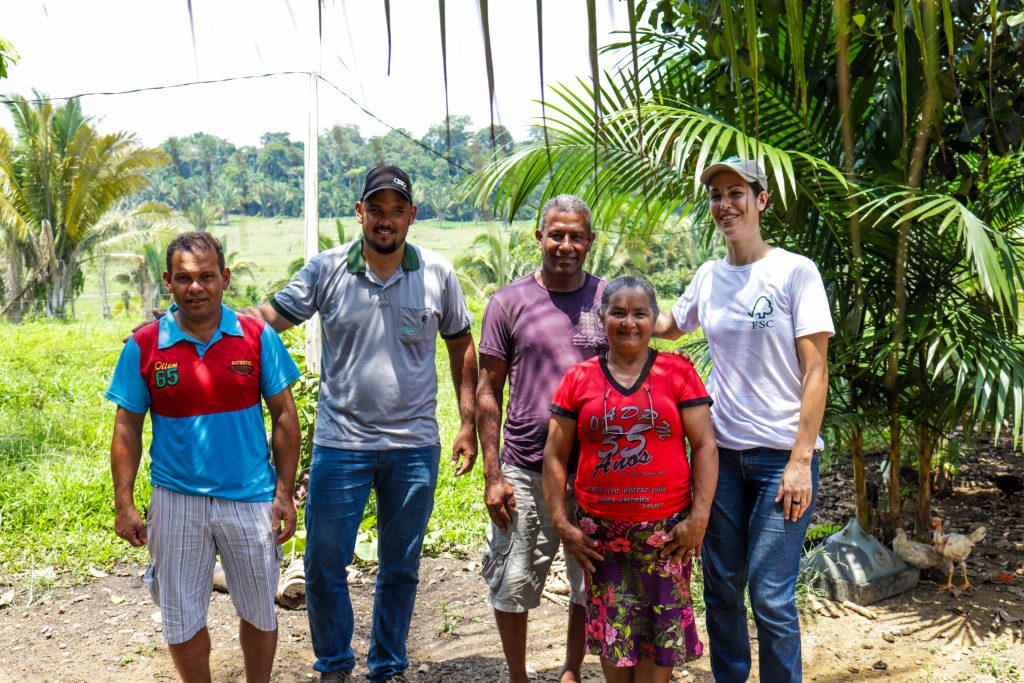
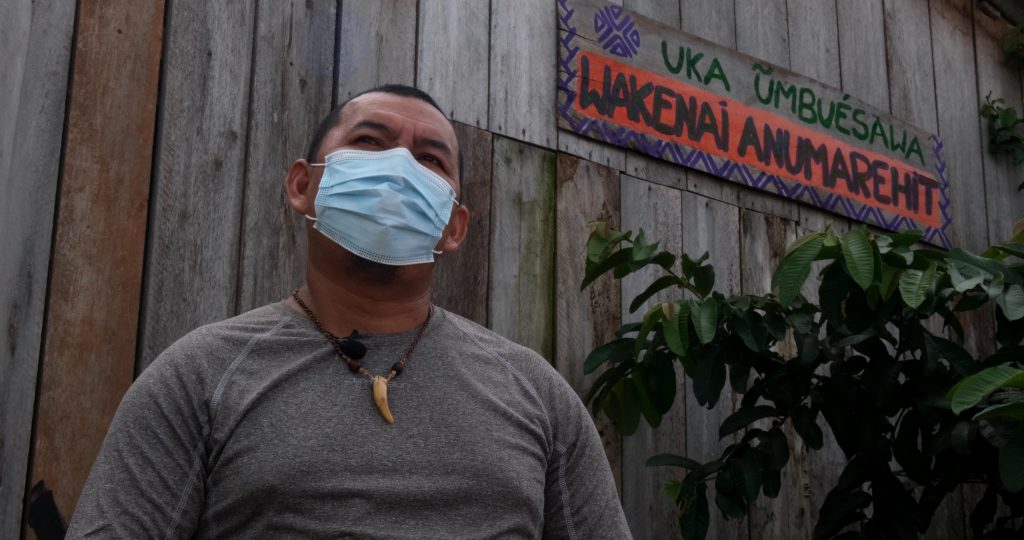
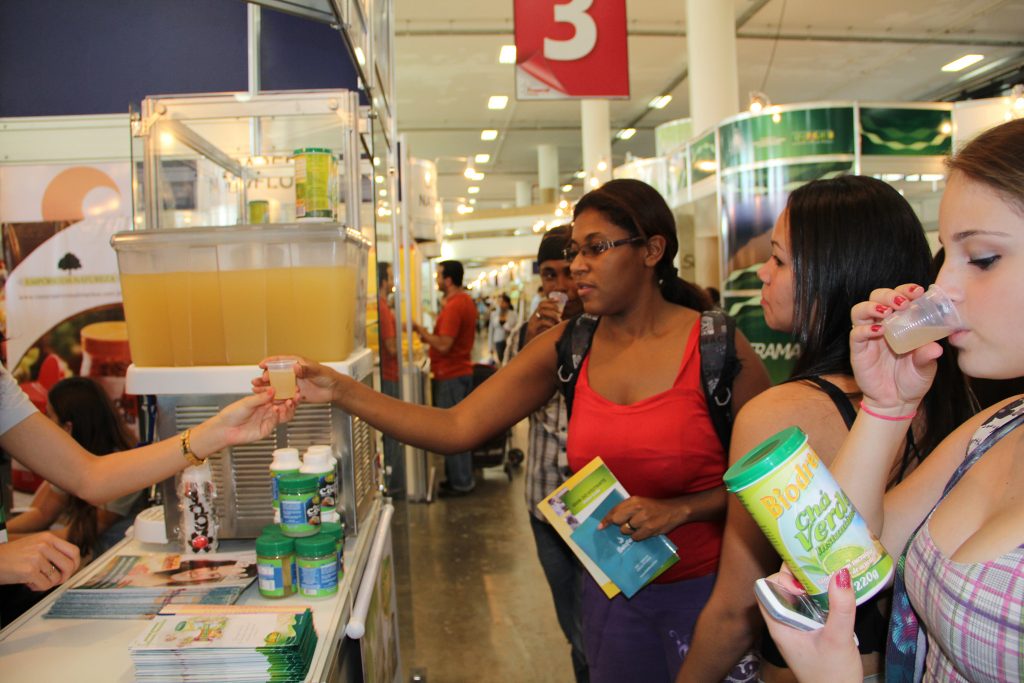
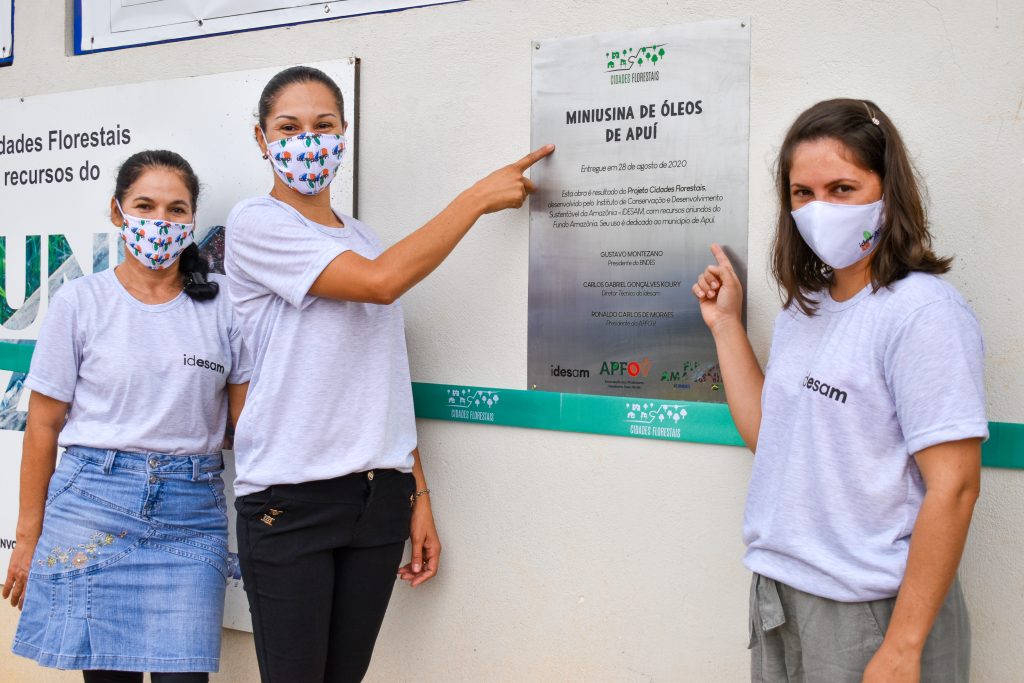
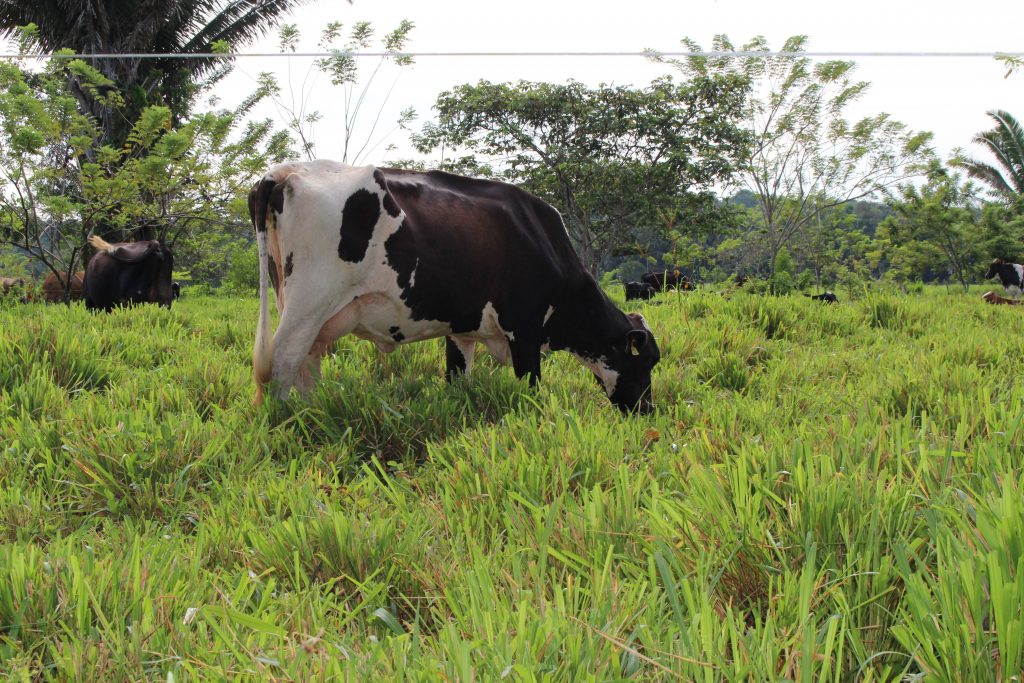
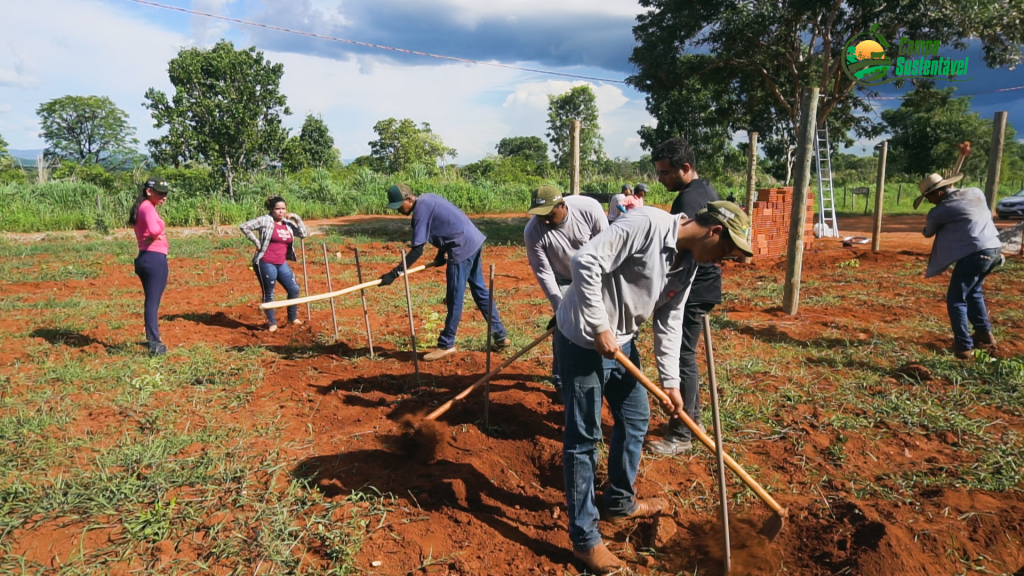

Leave a Reply